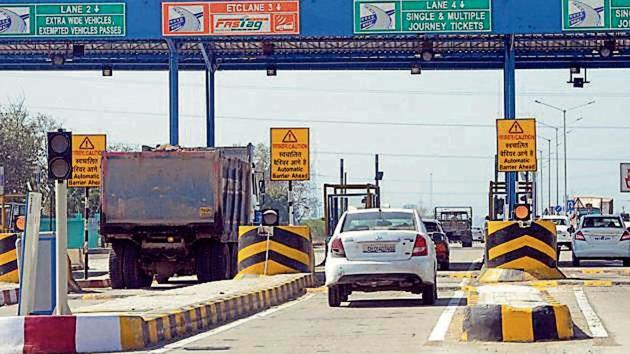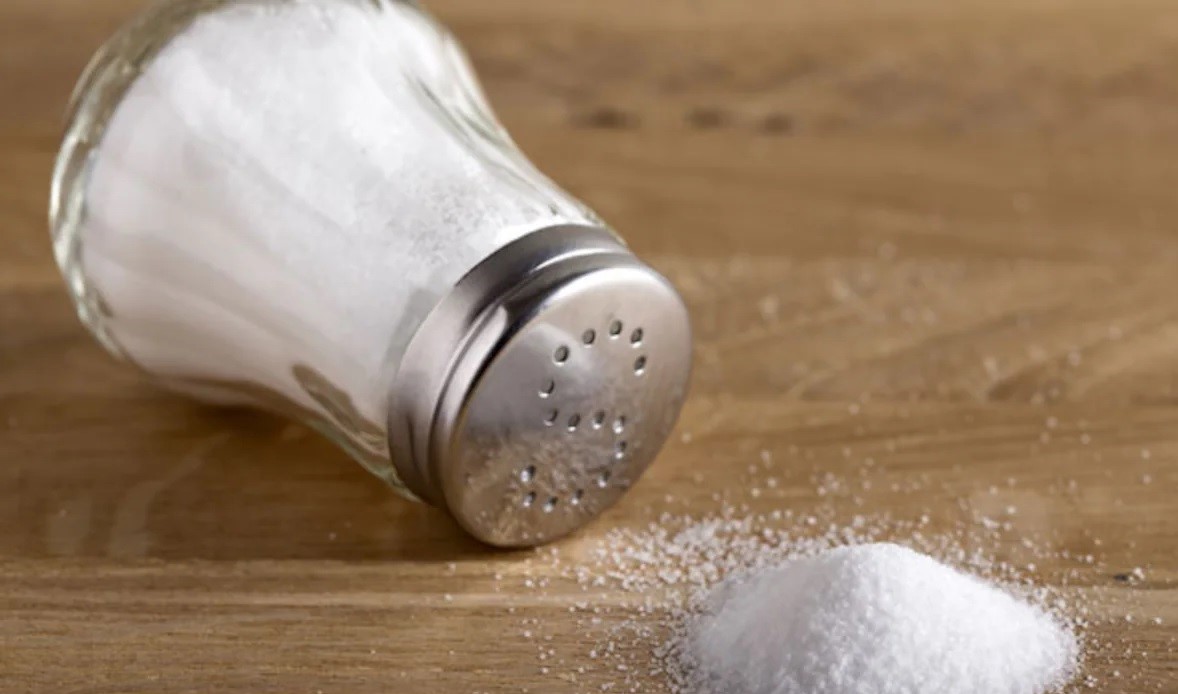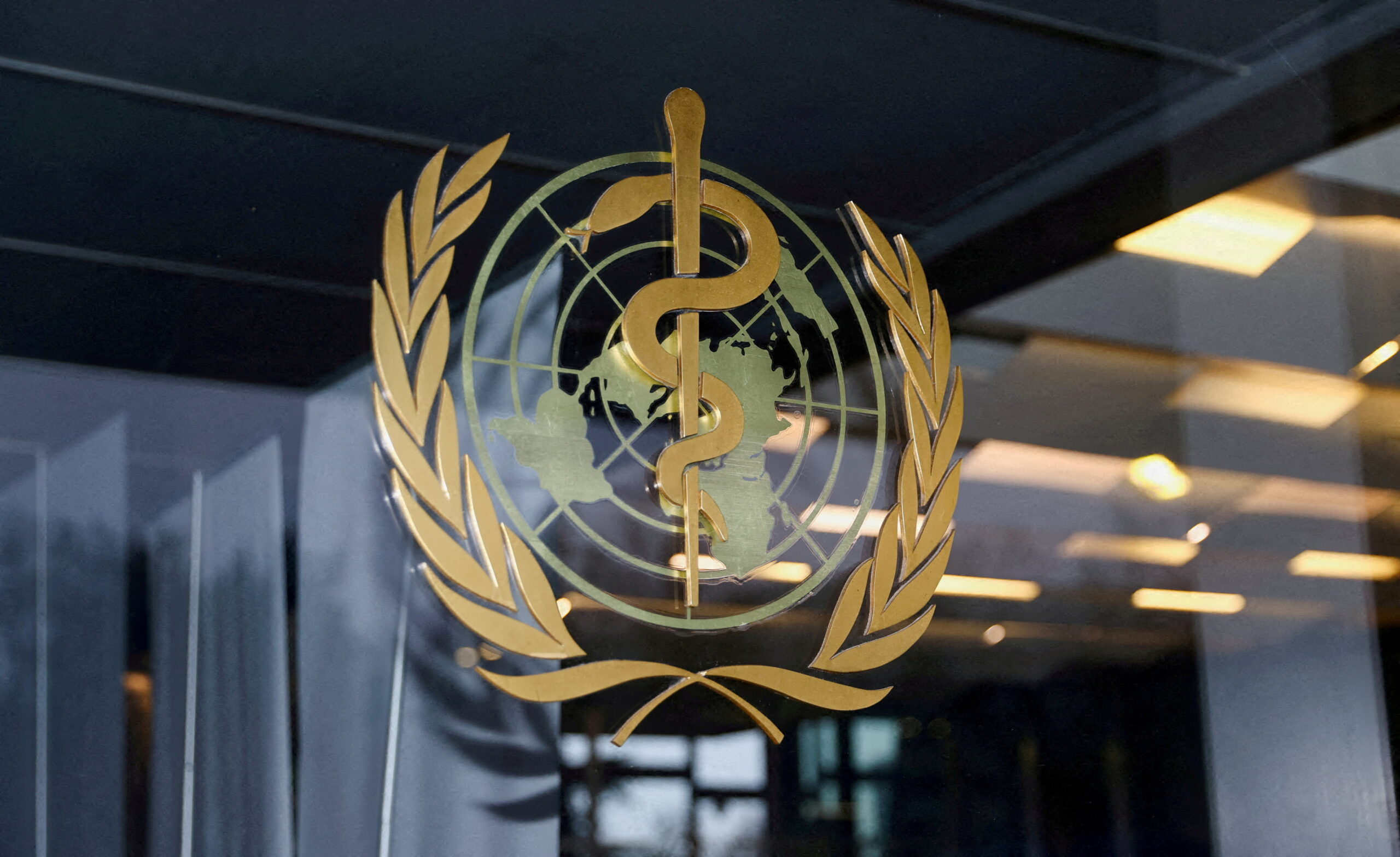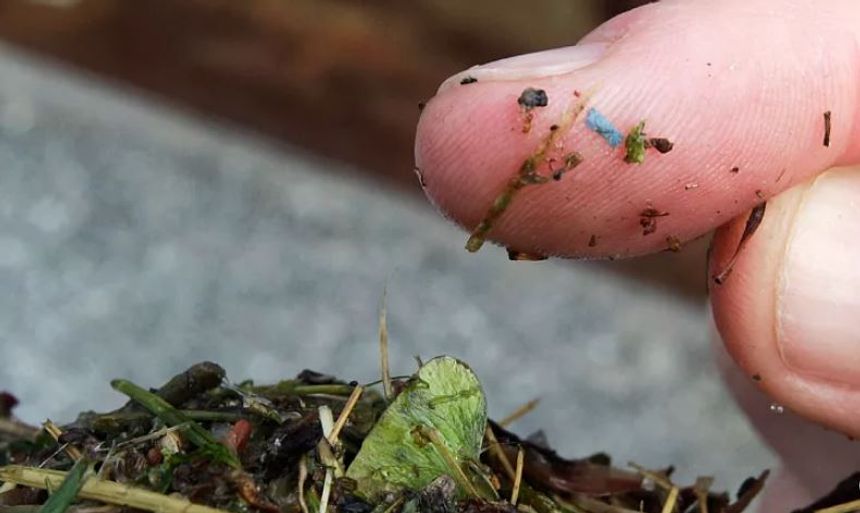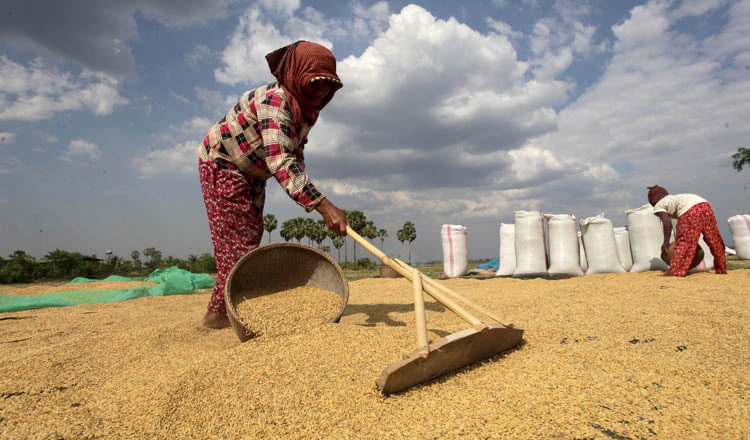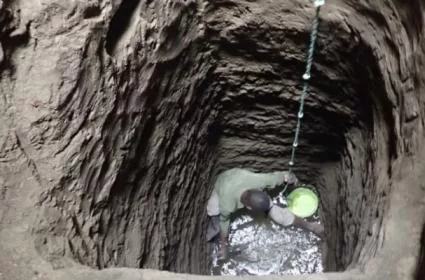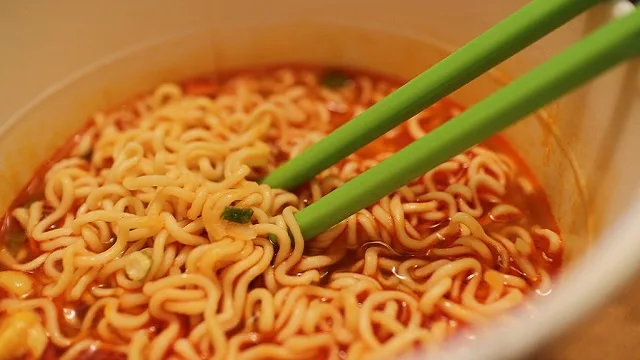
Sales of cotton candy have been prohibited in Puducherry following the finding of the hazardous chemical Rhodamine-B in samples of the well-liked confection. The action emphasizes how urgent it is to ensure food safety and how strict laws are required. Until further notice, the prohibition will be in place, and retailers will be able to restart sales only after receiving a quality certificate from the food safety agency.
Puducherry has banned the selling of cotton candy, a move that emphasizes how important food safety is. The decision was made in response to the Food Safety and Standards Authority of India (FSSAI) discovering dangerous chemical amounts of rhodamine-B in samples of the well-liked treat.
A Hazardous Find
The horrifying discovery of Rhodamine-B in cotton candy serves as a stark reminder of the weaknesses in our food supply chain. During routine inspections, the Food Science and Nutrition department of Periyar University found the dangerous chemical. Since rhodamine-B can be harmful to health, the FSSAI has forbidden its usage for non-food uses like dyeing and tracing.
Oxidative stress, liver damage, and, in extreme situations, tumors and cancer can result from exposure to rhodamine-B. It is extremely concerning that the chemical is present in a food item meant for youngsters, who are especially vulnerable to these health hazards.
A Word of Caution
Tamilisai Soundararajan, the Lieutenant Governor of Puducherry, has advised people to proceed with caution when buying food products that include color additives in light of the findings. She declared in a statement to the public, “We must prioritize the health and well-being of our children and families.”
Sales of cotton candy are prohibited and will stay that way until further notice. Only after receiving a quality certificate from the food safety department attesting to the absence of hazardous materials from their products may vendors start selling again.
A Well-liked Treat, But With Questions
A favorite dessert during Puducherry’s festivities, cotton candy is currently under investigation. Because of its widespread use, particularly in public spaces and rural areas, the ban represents a significant move. P. Sathish Kumar, the Food Safety Officer, oversaw the search for red cotton candies tainted with the dangerous substance.
During the examination, more than 500 packets of cotton candy from Chennai’s Marina Beach were seized. It was discovered that the makers were producing the treat using dyes meant for clothing and paper. Authorities have threatened to take tough measures against the producers.
The prohibition is a clear reminder of how crucial food safety is and how strict laws are required. It is our responsibility as consumers to be watchful and make knowledgeable decisions about the food we eat. But we are not the only ones who have some of the burden. Food suppliers and producers are required to follow safety regulations and put their customers’ health first.


It is hoped that Puducherry’s unanticipated health emergency will act as a warning to other regions to tighten their food safety regulations. Although the selling of cotton candy is prohibited, this is a vital step in protecting the public’s health and safety. It may be a short-term setback.
The circumstances in Puducherry highlight the significance of strict food safety laws and their implementation. As customers, we put our faith in food suppliers and producers, believing that they will put our health and welfare first. These kinds of incidents emphasize the necessity of ongoing watchfulness and the significance of holding those accountable.
Puducherry’s decision to outlaw the sale of cotton candy serves as a reminder of the profound effects of the food we eat. The usage of Rhodamine-B is still being investigated, but this is a call to action for all parties involved—consumers, suppliers, and authorities—to collaborate in creating a safer food chain.































































